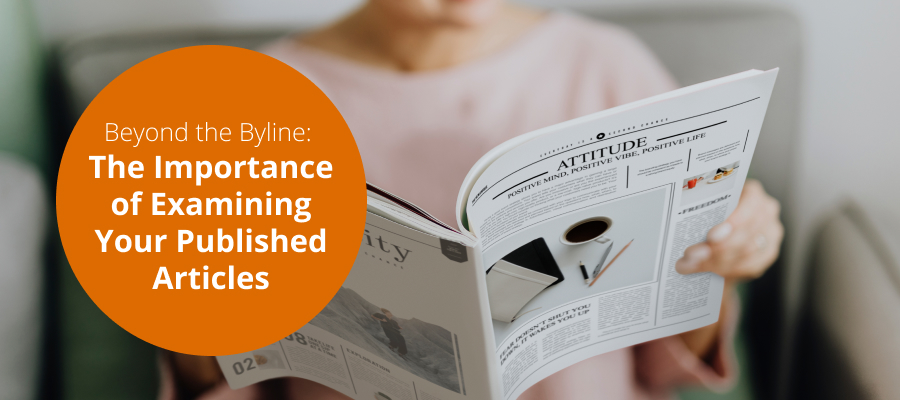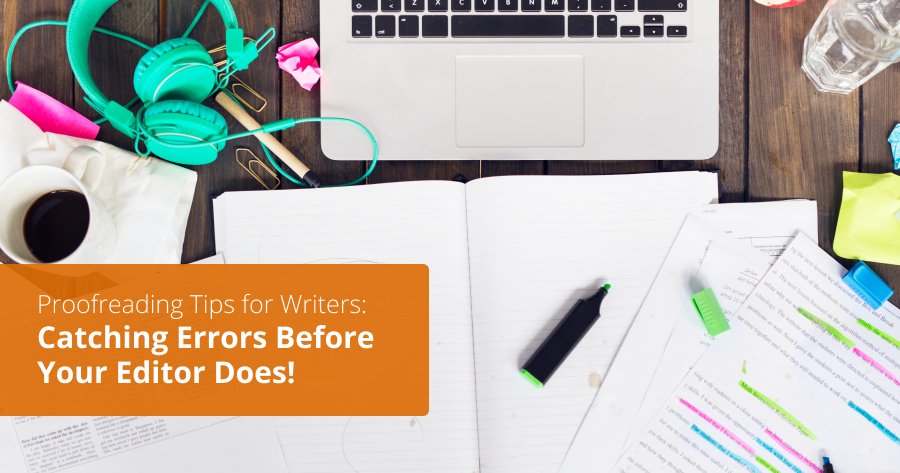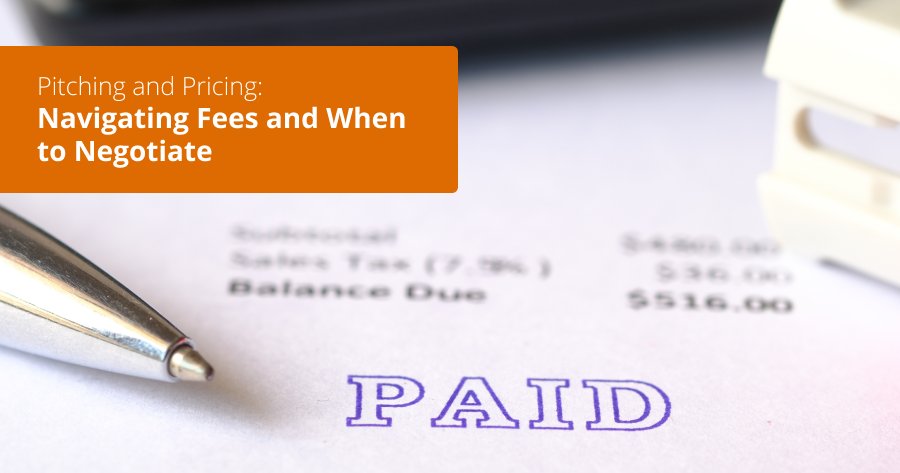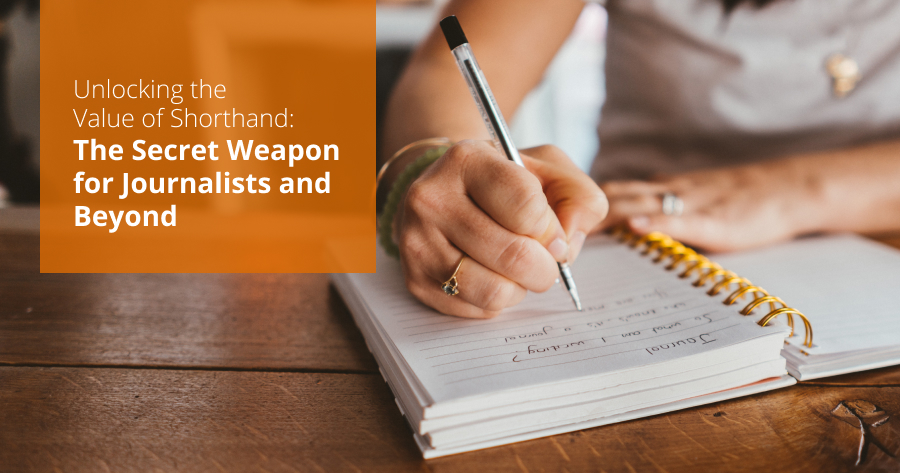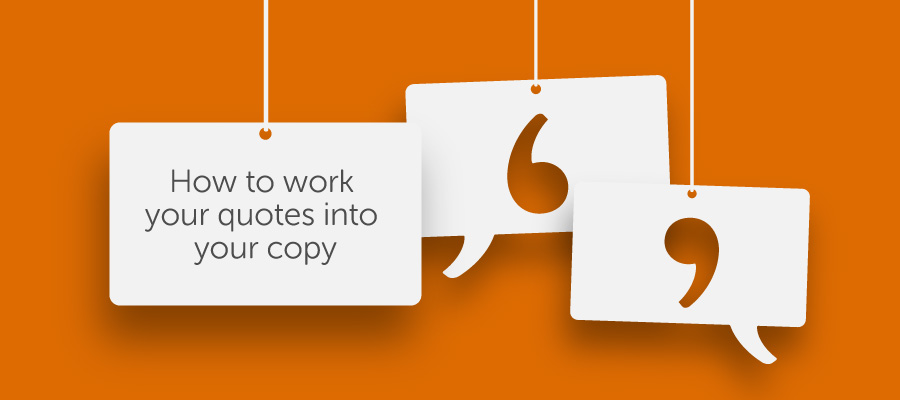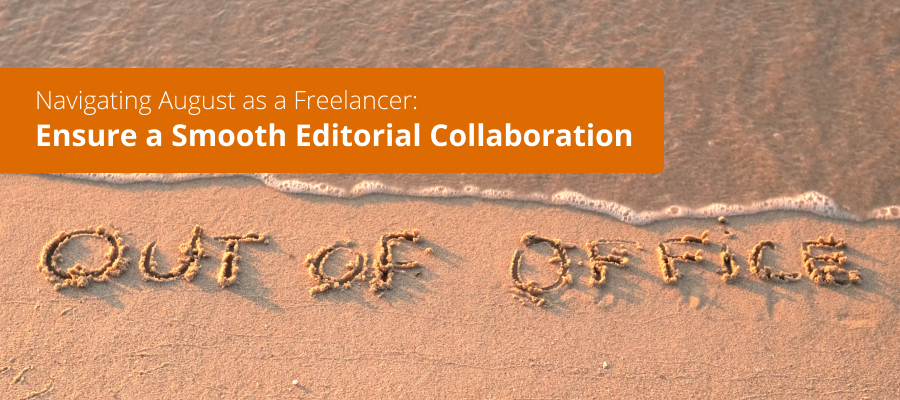Select a category button below to filter posts or use the search bar to find useful tips and posts on your selected topics. Have a topic or question you want more information on, submit your question here.
- All
- Notes on Quotes
- Interview Tips
- Journalism 101
- Pitch Perfect
- Being a Journo
- Writing Tip
- Freelance 101
- Featuring You
Do you actually read your articles once they’ve been published?
Read more
Some freelancers love working from home but others find it lonely.
Read more
If you’re writing a tried-and-tested feature, you’ll need to source the products to test. But how do you do that?
Read more
We all want the best gear and to look the part when we start a new career, but chances are you probably already have all you need to be a freelance writer.
Read more
You don’t need us to tell you that the cost of living is shooting up - so here are ideas to keep in mind to help you get your worth in tough times!
Read more
Here are 20 things most freelance journalists worry about. If you have worried about any of these, don’t worry (ha!) – you’re entirely normal. Journalism – in fact, any form of freelancing – can be stressful.
Read more
As a new academic year begins, keep in mind that there are only four months of the year to go. You need to ensure you make the most of them.
Read more
Our course gives you the skills you need to become a successful freelance journalist – but those skills can be used in other ways too.
Read more
The sense of an ending - making sure you get it right! If you’ve written an interesting, topical and engaging feature, there’s every chance your reader will make it through to the end.
Read more
Proofreading: It’s never easy to check your own work, but you need to do everything you can to eliminate errors and typos.
Read more
Being a freelance journalist isn’t just about pitching and writing – it’s also about freedom and work/ life balance. Judy Yorke, our senior tutor, shares a perfect example of that here.
Read more
Recycle, repurpose and reuse don’t just apply to physical waste; keep this in mind when looking for new article ideas as well.
Read more
Pitching is key when you want to be a published journalist. In fact, several assignments in our course involve writing pitches.
Read more
Whatever you are writing about, you'll often need comments from experts.
Read more
Sometimes, you may have a fairly quiet couple of weeks workwise and then, as so often happens, it goes the other way, and you’ve gone too much on. It’s important to develop a strategy to keep you calm in busy times!
Read more
We often stress about the importance of not writing too much copy. When you’re given a word count, try not to go over it by more than about 5%. You won’t be an editor’s favourite person if they need to spend hours cutting it back.
Read more
The cost of living crisis continues to brew in the UK (and across the world for that matter). Is there a silver lining for freelancers in all of this?
Read more
Journalism is strange. It’s the only type of contract job we can think of where the ‘customer’ determines the fees rather than the person doing the work.
Read more
Do you know when World Sleep Day is? What about World Bee Day? Or World Blood Donor Day?
Read more
When one story dominates the news, it can be hard for freelancers to know what to do. That’s especially the case when thousands of people are losing their lives and homes.
Read more
We talk a lot about the freedom that freelancing gives you and how you don’t need to feel guilty about taking a day off. But it is important to note it doesn’t always work out!
Read more
Why you need to earn your stripes before you can even think about pitching for a regular slot in a magazine.
Read more
Communication has evolved so quickly, it’s hard to keep up. It’s not only how we communicate but also what we communicate and how it is interpreted from one person to the next.
Read more
There was an interesting discussion on X (formerly Twitter) quite a while ago that sticks with me, where a PR called out a journalist for being (extremely) rude.
Read more
Avoid this common pitching error… it’s not always a case of the more you tell, the more you sell and you need to always clearly state your angle!
Read more
There has been so much ‘news’ in the UK in the last few years, which stresses the importance of looking for ideas that are left-field to see your by-lines grow.
Read more
When you are starting out as a journalist, it’s a good idea to read as many magazines and newspapers as you can. The 100% best way to become a better writer is to read more!
Read more
When an interviewee mixes up their words, but you know what they were trying to say - do you quote what they said, or instead, what they meant to say?
Read more
When you want journalism to be your everyday bread and butter, how do you know where to pitch a story?
Read more
When you are writing a human interest feature, the narrative often needs to include dates about when things happened. It might be when your case study first noticed a health symptom, for instance, or when they realised their child was being bullied at school.
Read more
It’s great to just be able to grab a paper and pen and take notes if someone phones you unexpectedly, rather than scrabbling around for a tape recorder or recording app.
Read more
If you are including case studies in your feature, it’s important to know that they should be fully identified, unless the editor says otherwise.
Read more
Students often mention that their first port of call for research is Wikipedia. While it can be a good stepping stone, it should never be the destination.
Read more
You don’t need to have a niche – but it helps. It’s especially good when you can get paid for something you love as well!
Read more
Most editors like case studies to be fully identified. That means their full name, where they are from and photos. But when is it okay to not identify them?
Read more
There are certain months of the year when many people take time off (think Summer or even the Christmas and New Years periods can mean extended leave for some).
Read more
If you want to write about fashion, it's an obvious idea to pitch to a fashion title. If you want to write about running, you'll logically pitch to a running magazine.
Read more
When a story like this breaks, publications will often use it as a “news hook”. Many newspapers and magazines will try to find other people who also developed the disease at a relatively young age.
Read more
Quotes can be a bit tricky when you’re starting out! Once you have interviewed someone, you may think the hard bit is over. But you still have to select the quotes and then work them into the copy.
Read more
Sometimes when you arrange to do an interview, the person you are going to speak to asks if they can see the questions beforehand. This will usually be because they are nervous, or it may be because they want to prepare.
Read more
It’s very easy these days to rely on your computer, phone or tablet for everything – to take notes, mark appointments and set reminders, for example.
Read more
The font is the type style you choose to use to present your work. No matter what program you create your copy in, you will have many dozens to choose from.
Read more
Journalists need to produce copy that is free of spelling mistakes if they want to look professional. Using a spell check is a no-brainer but you can’t rely on it 100%.
Read more
Five top tips for writing engaging copy: Mix up the length of your sentences. Have some short ones (six-eight words), some longer ones (up to about 25) and some in their teens!
Read more
It’s all too easy to be repetitive when you are writing and to keep on using the same word. But you should always try to vary your vocabulary. It’s what keeps your copy fresh and interesting.
Read more
Get it right and you will grab the reader’s attention and entice them to read on. Get it wrong and they will scroll down or flick over the page.
Read more
August is a funny old month for freelancers as everyone seems to be away. It can be hard to find people to interview, or pitch to an editor without getting an "out of office" response.
Read more
Reading copy aloud is one of the best tips I can give you to improve your writing.
Read more

